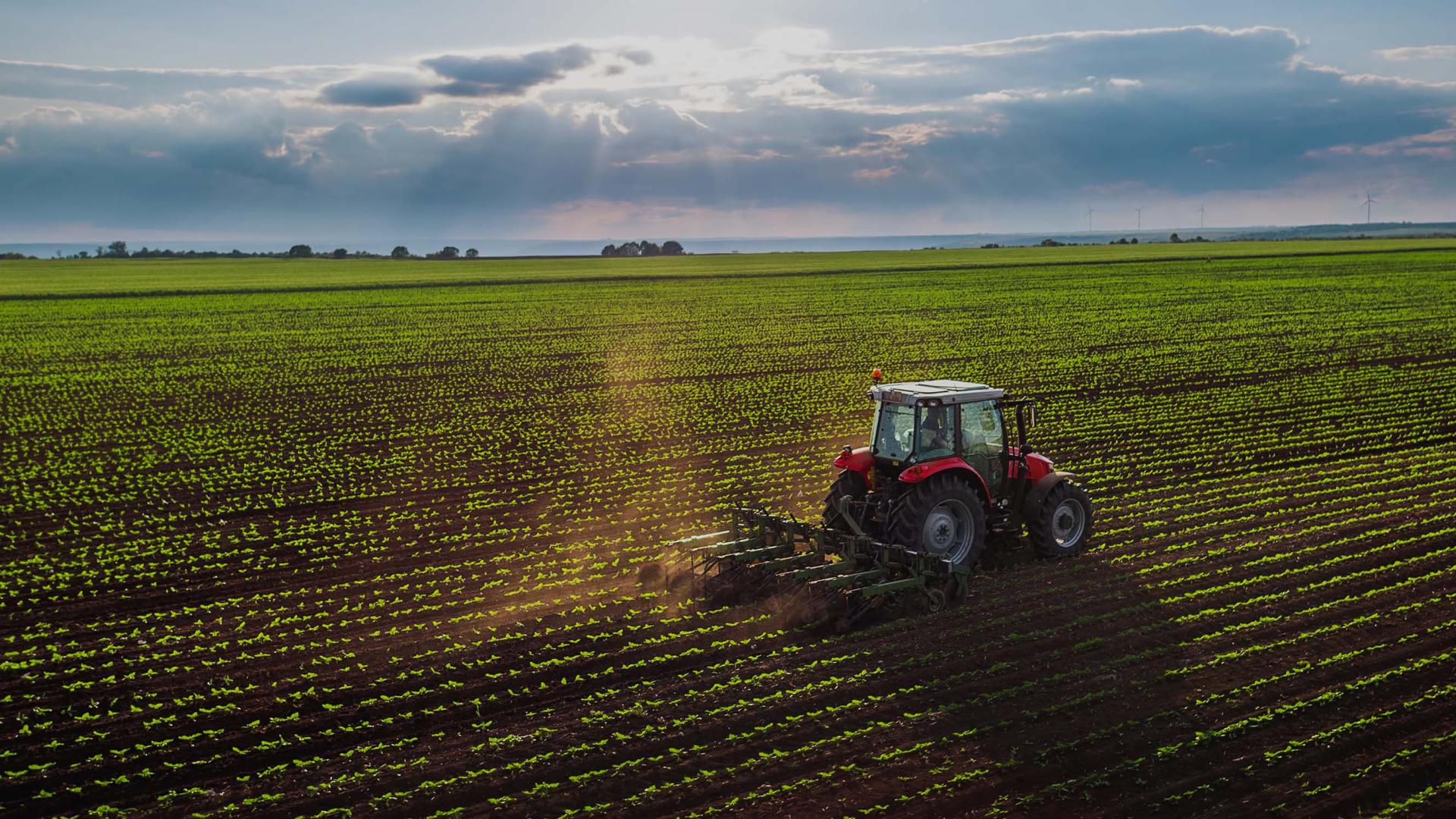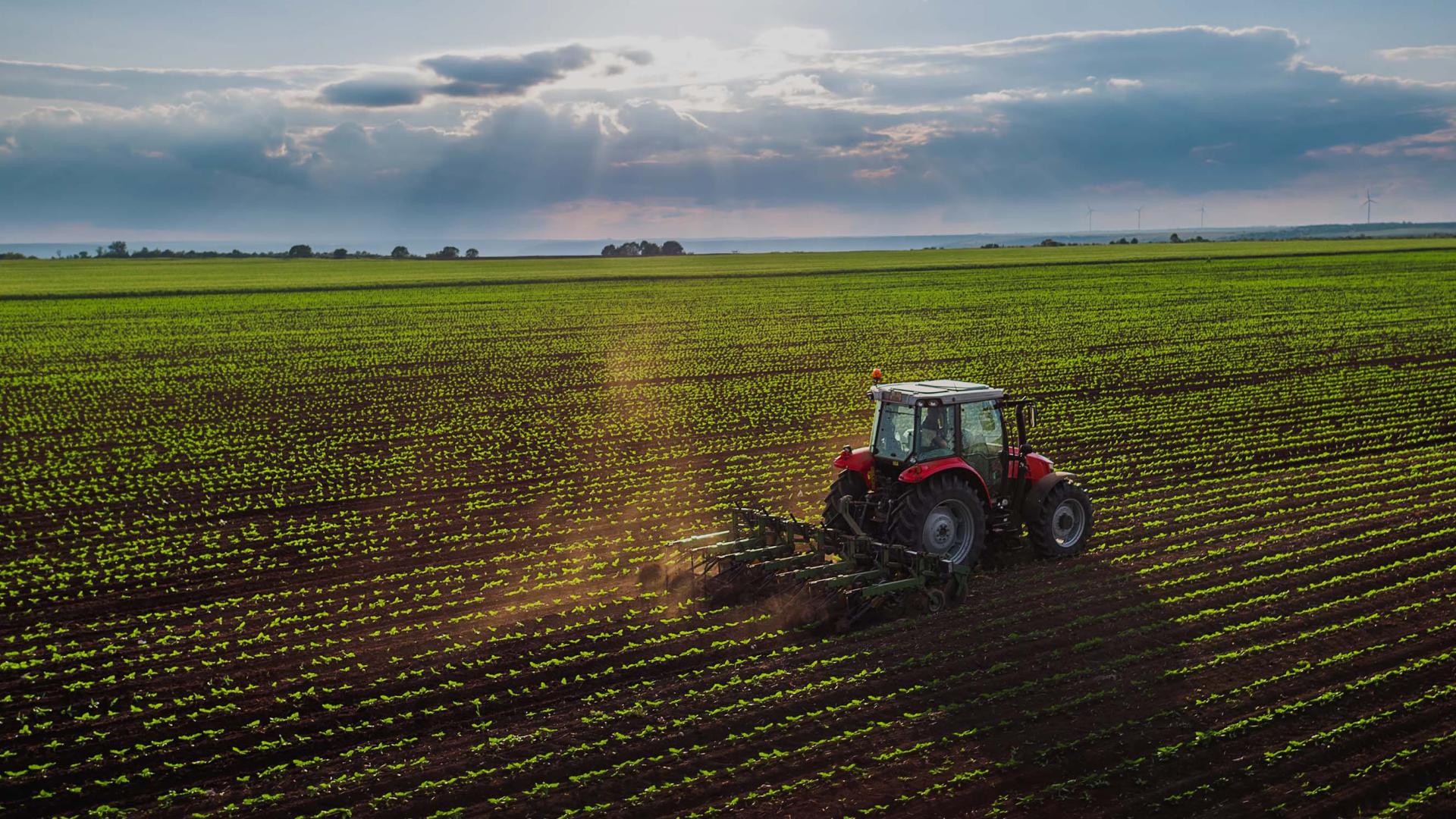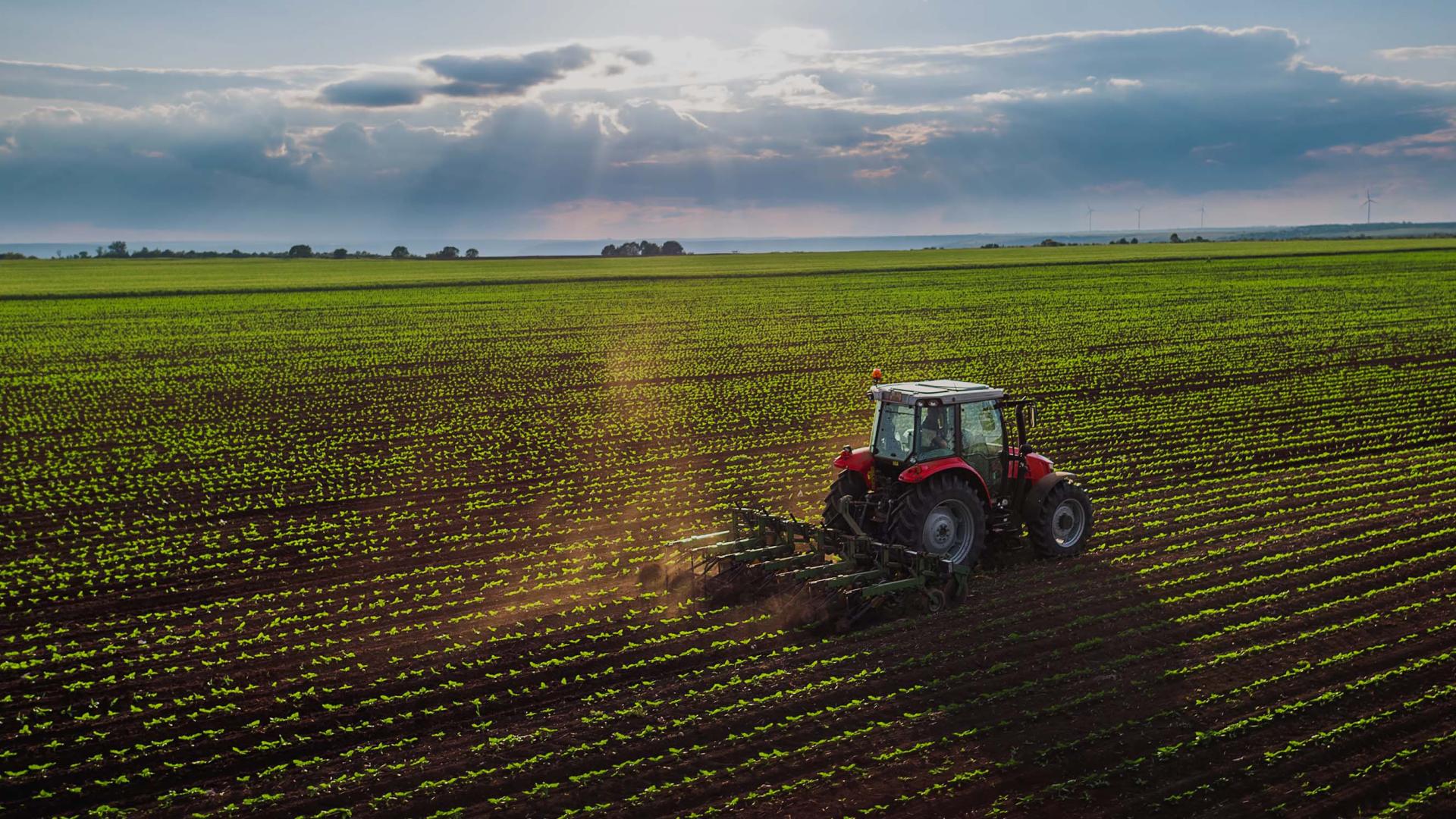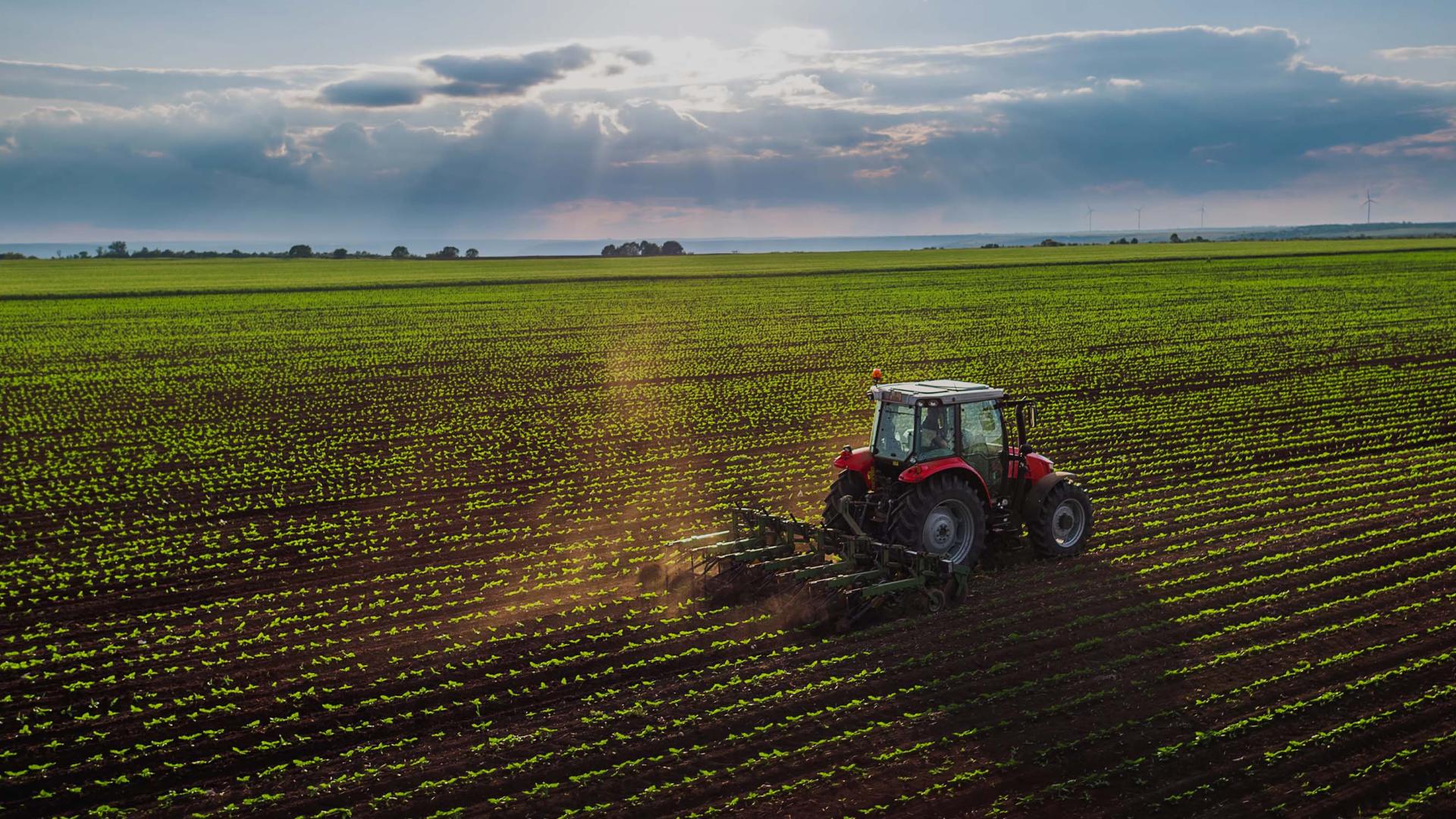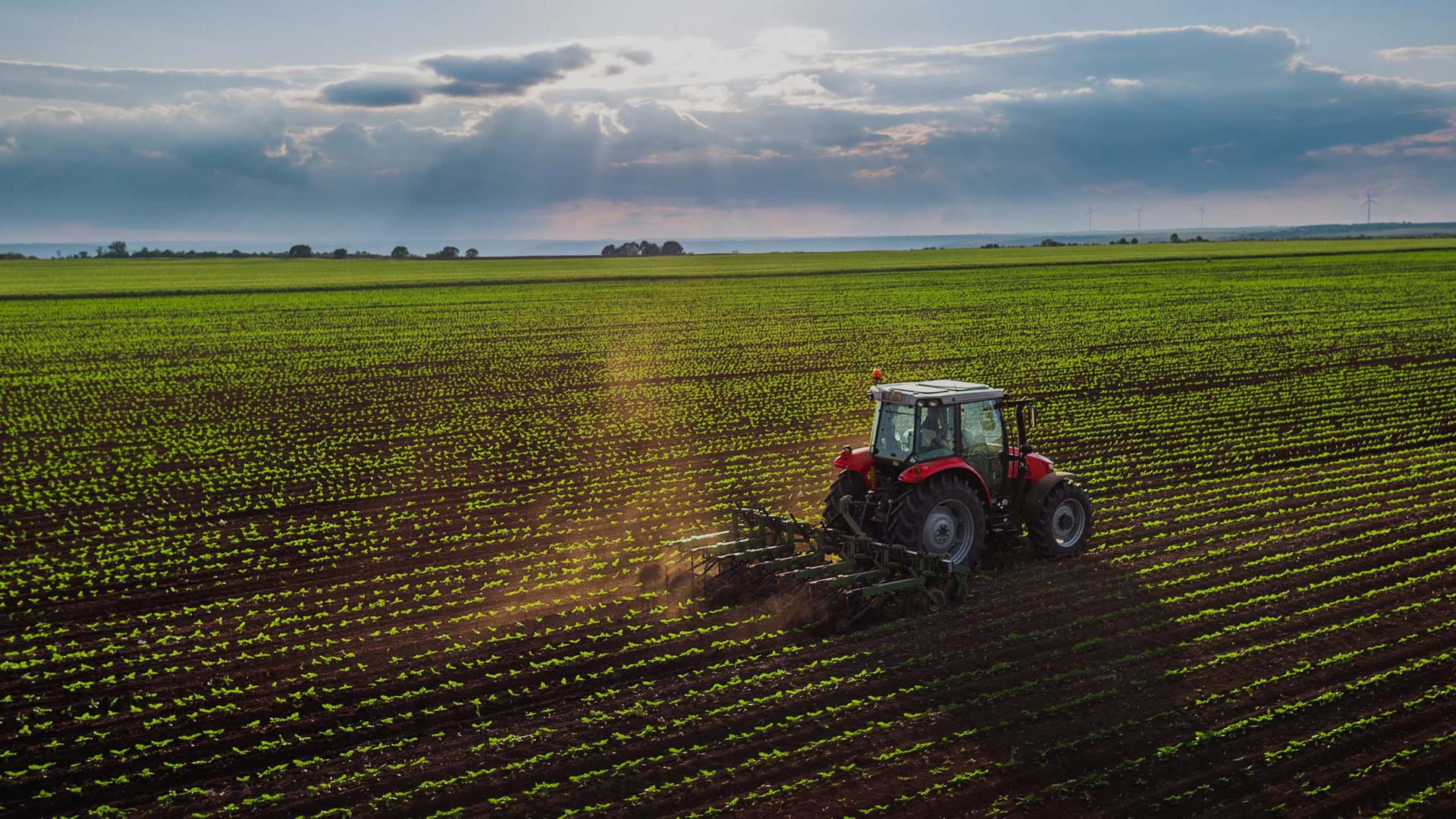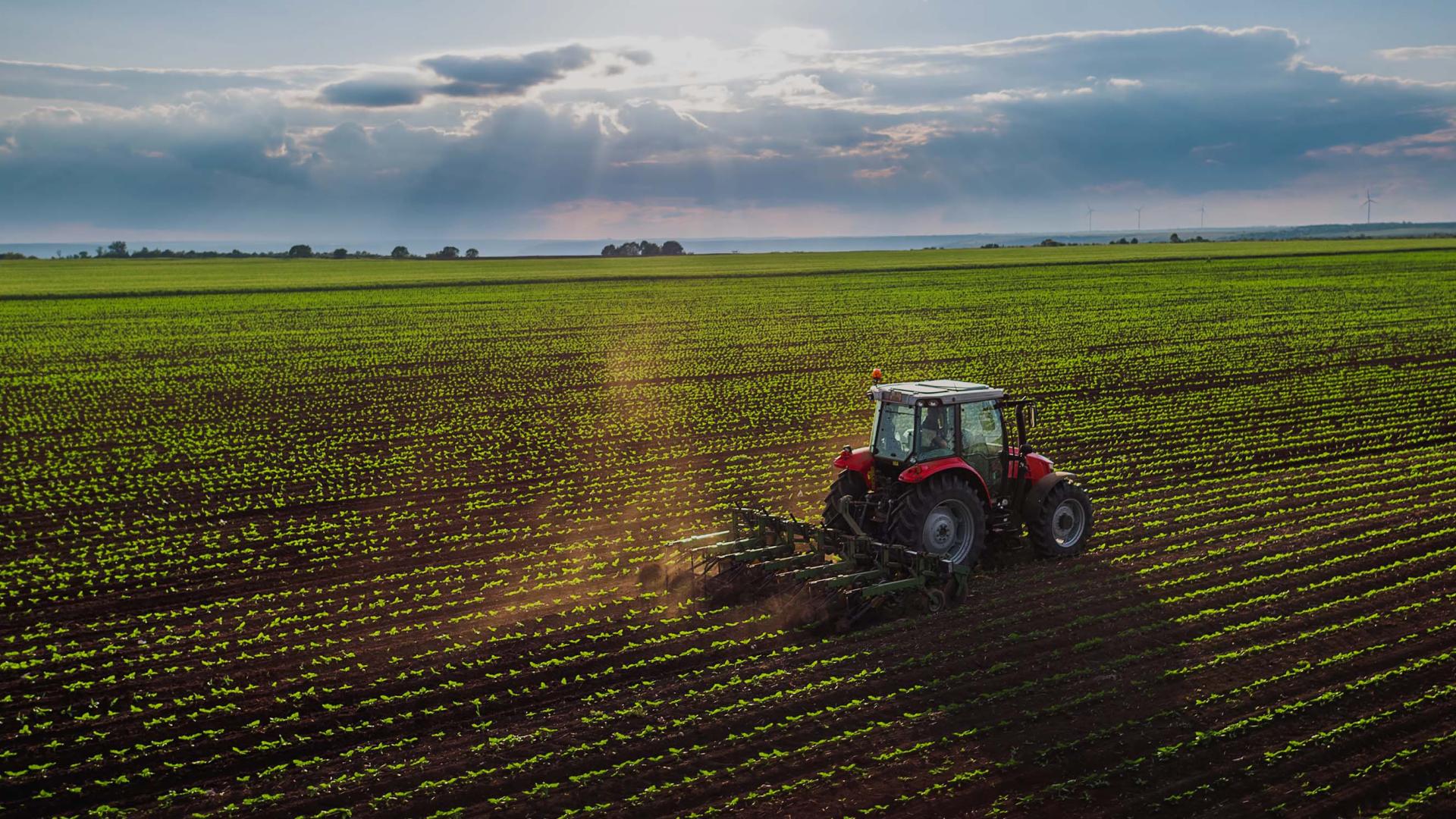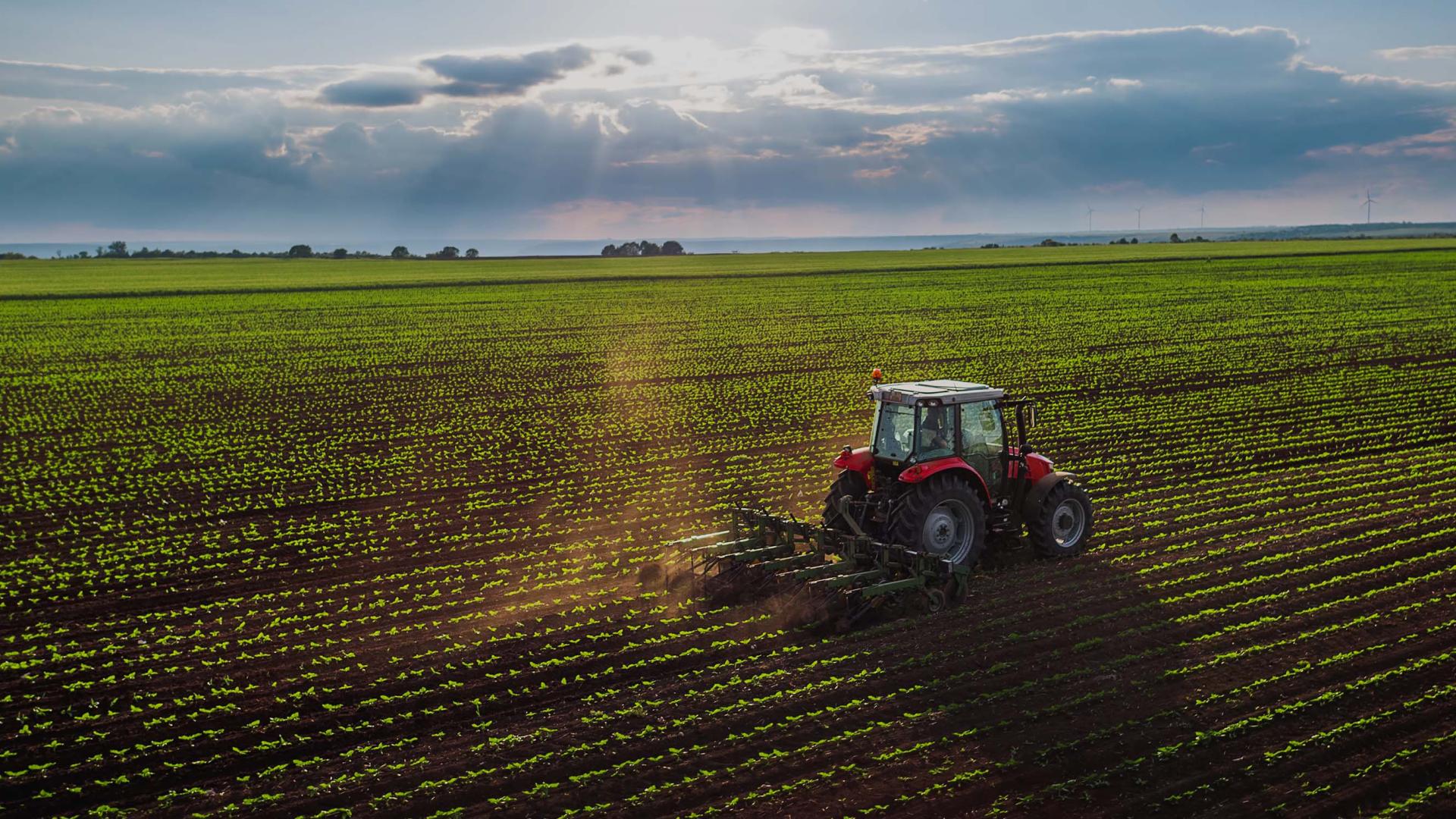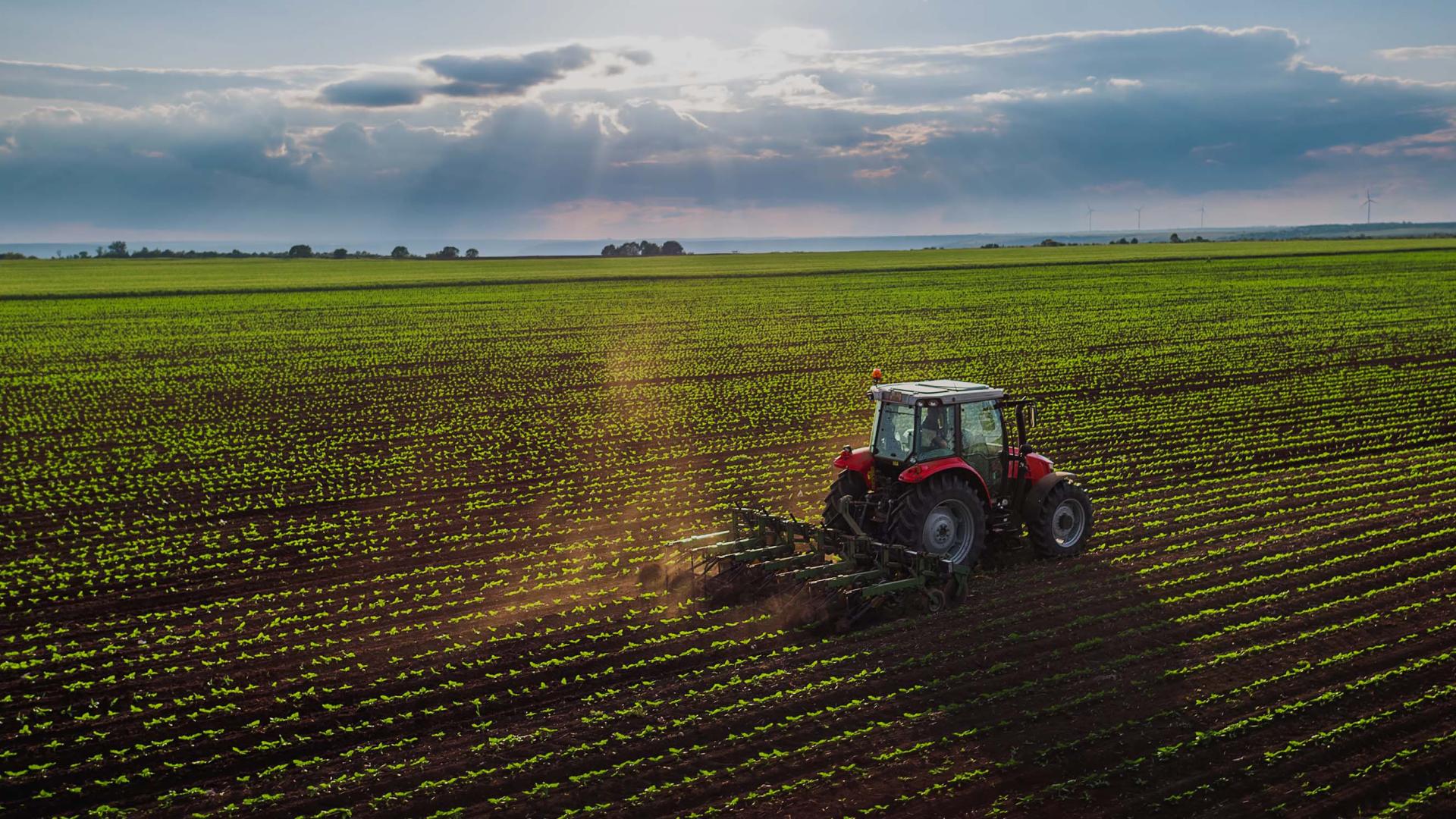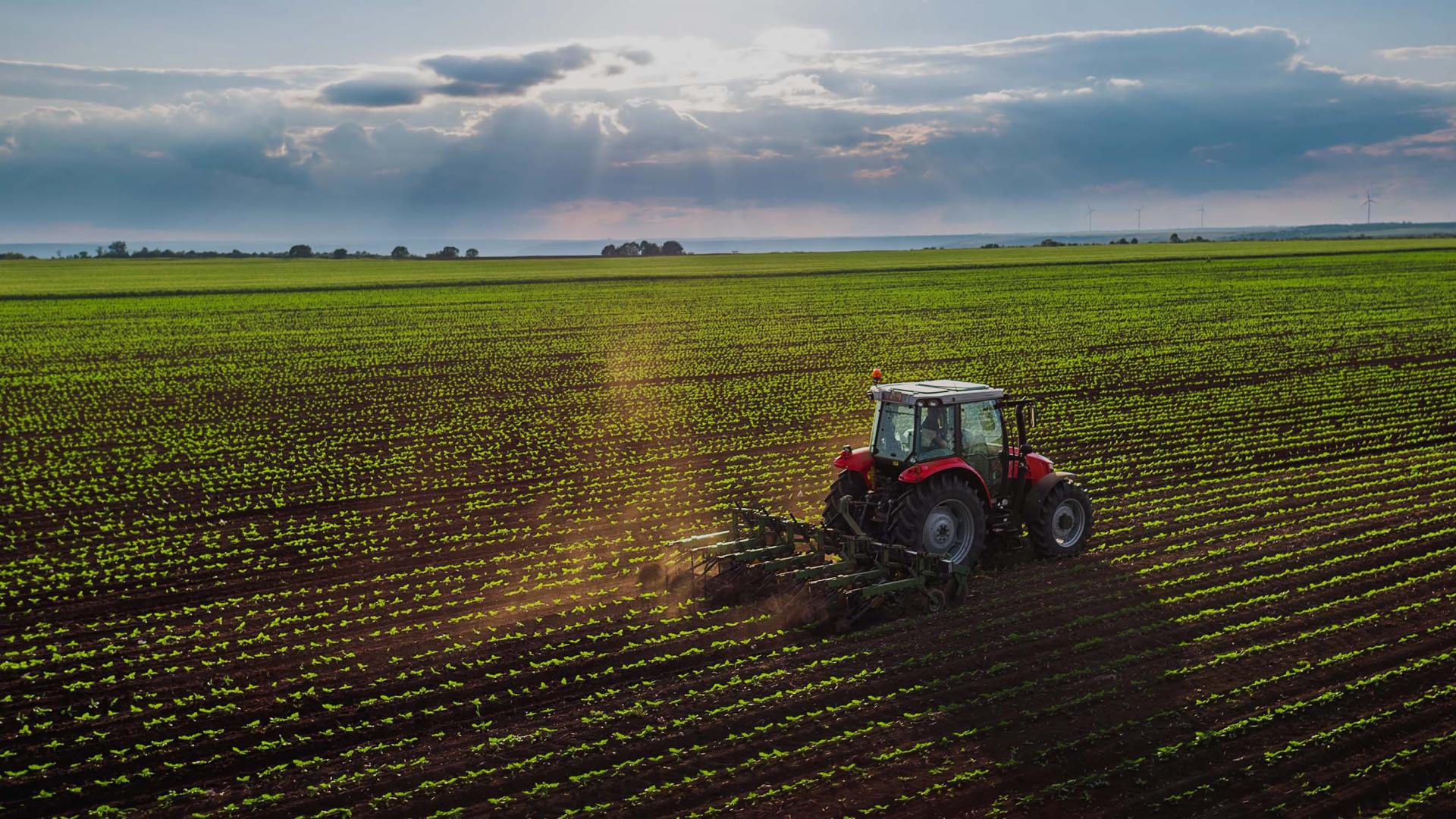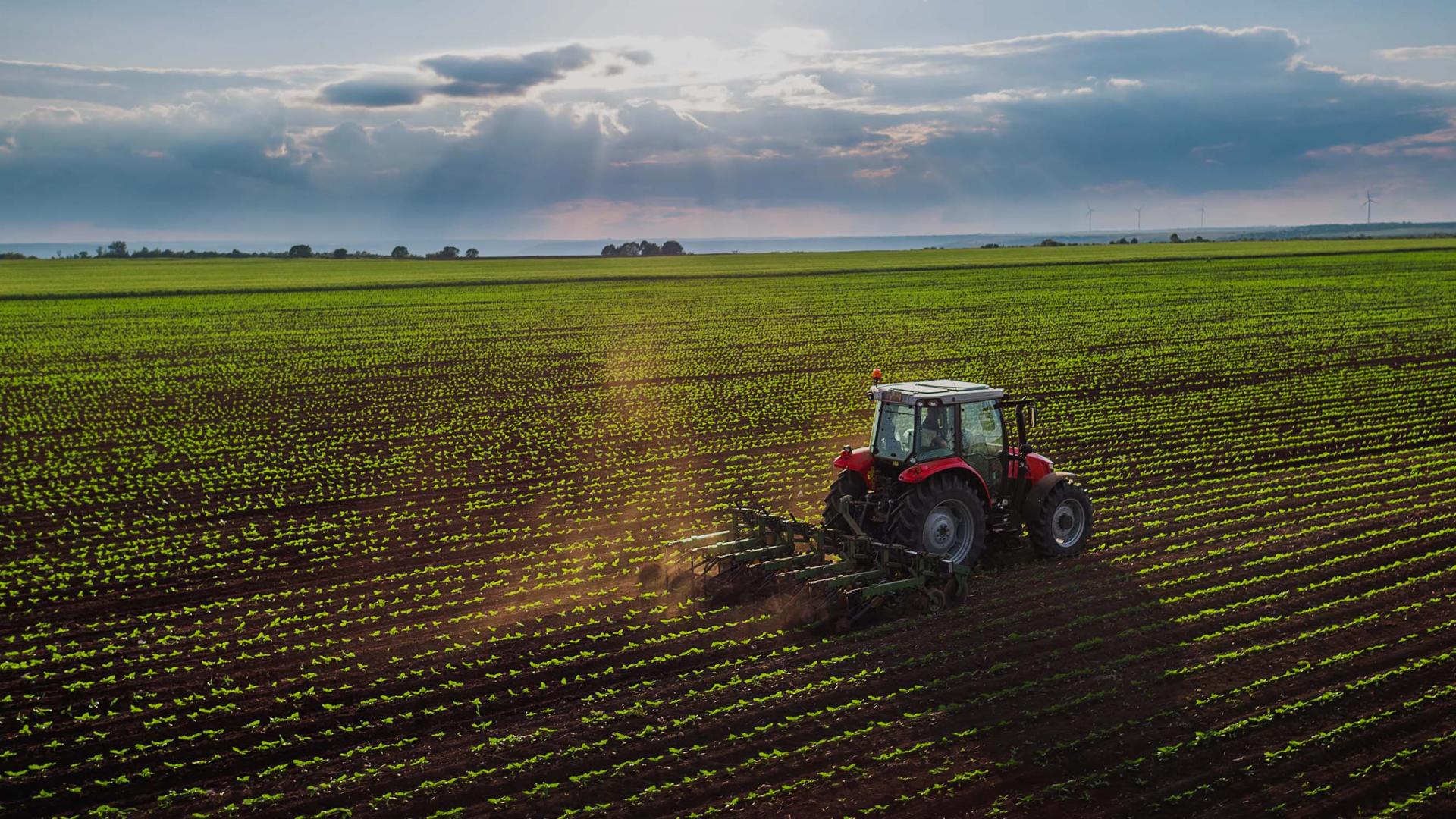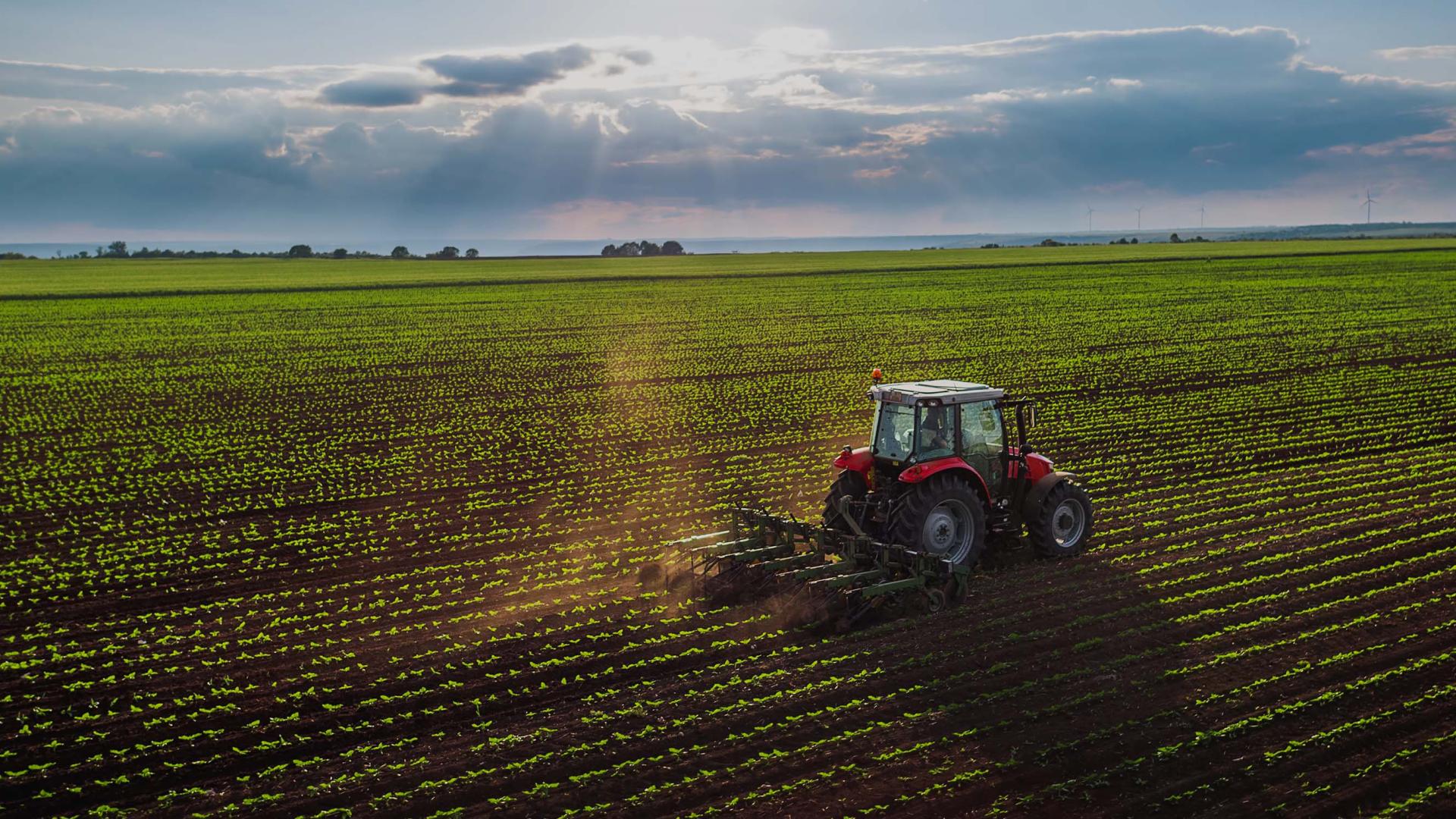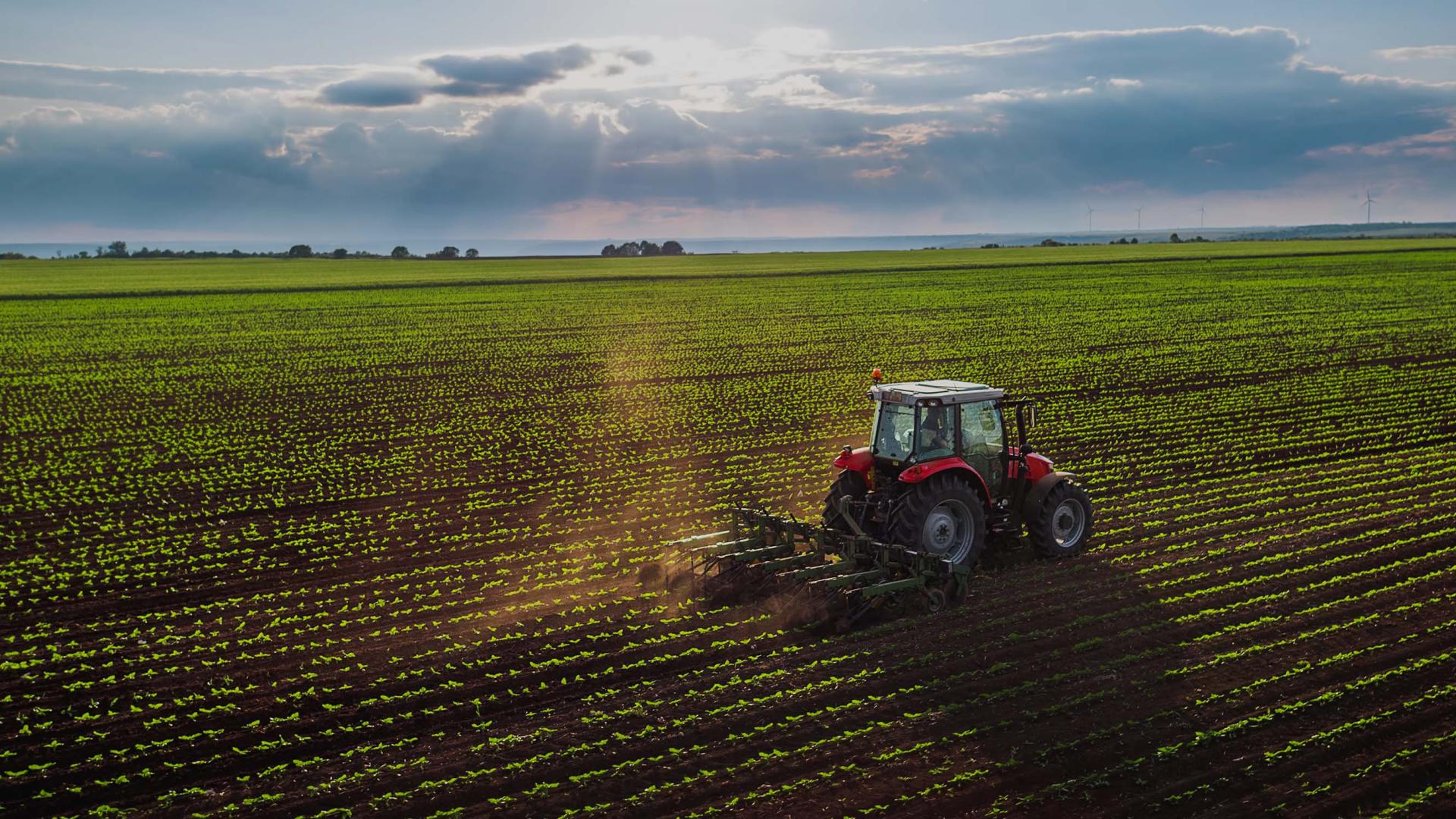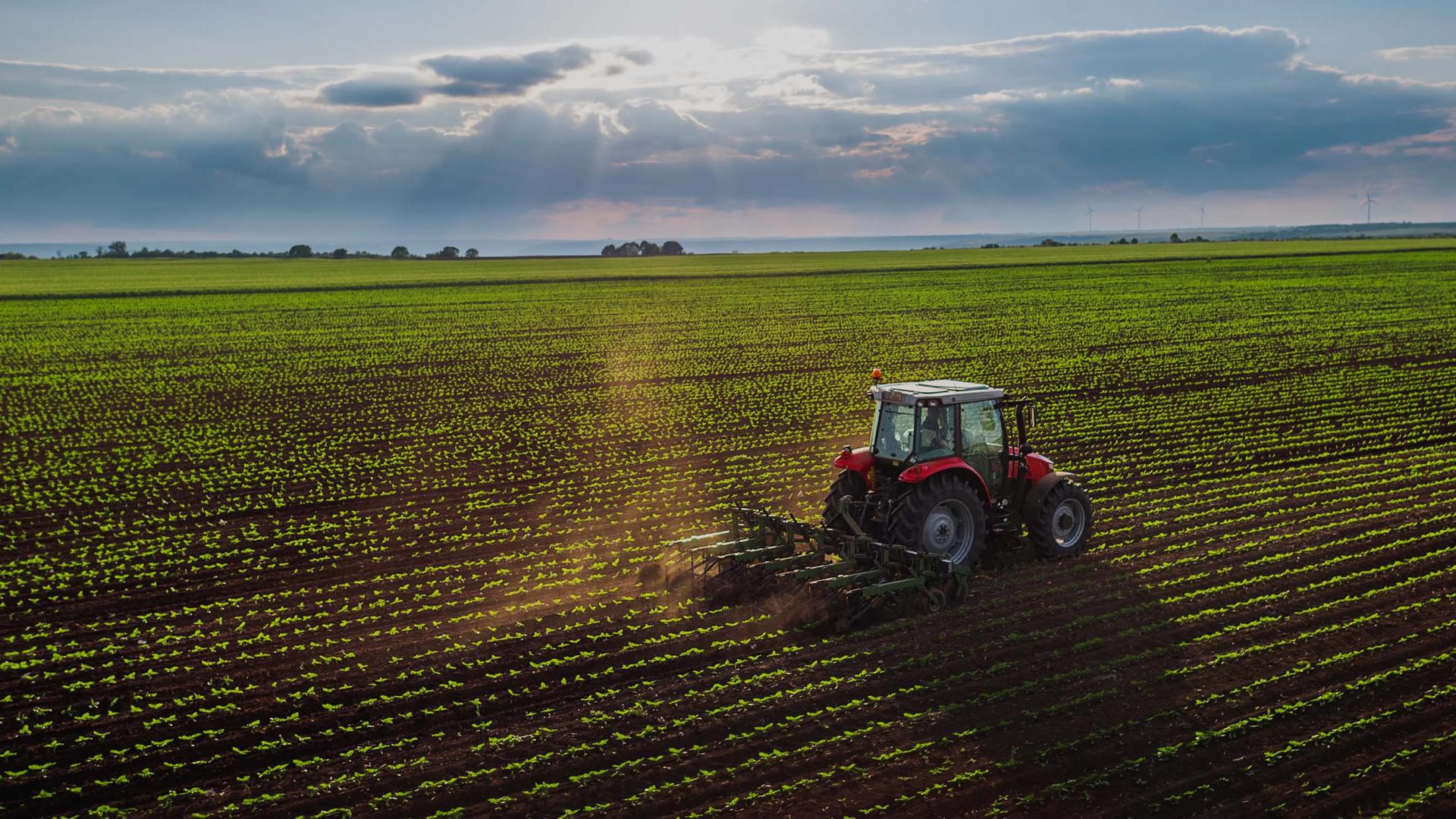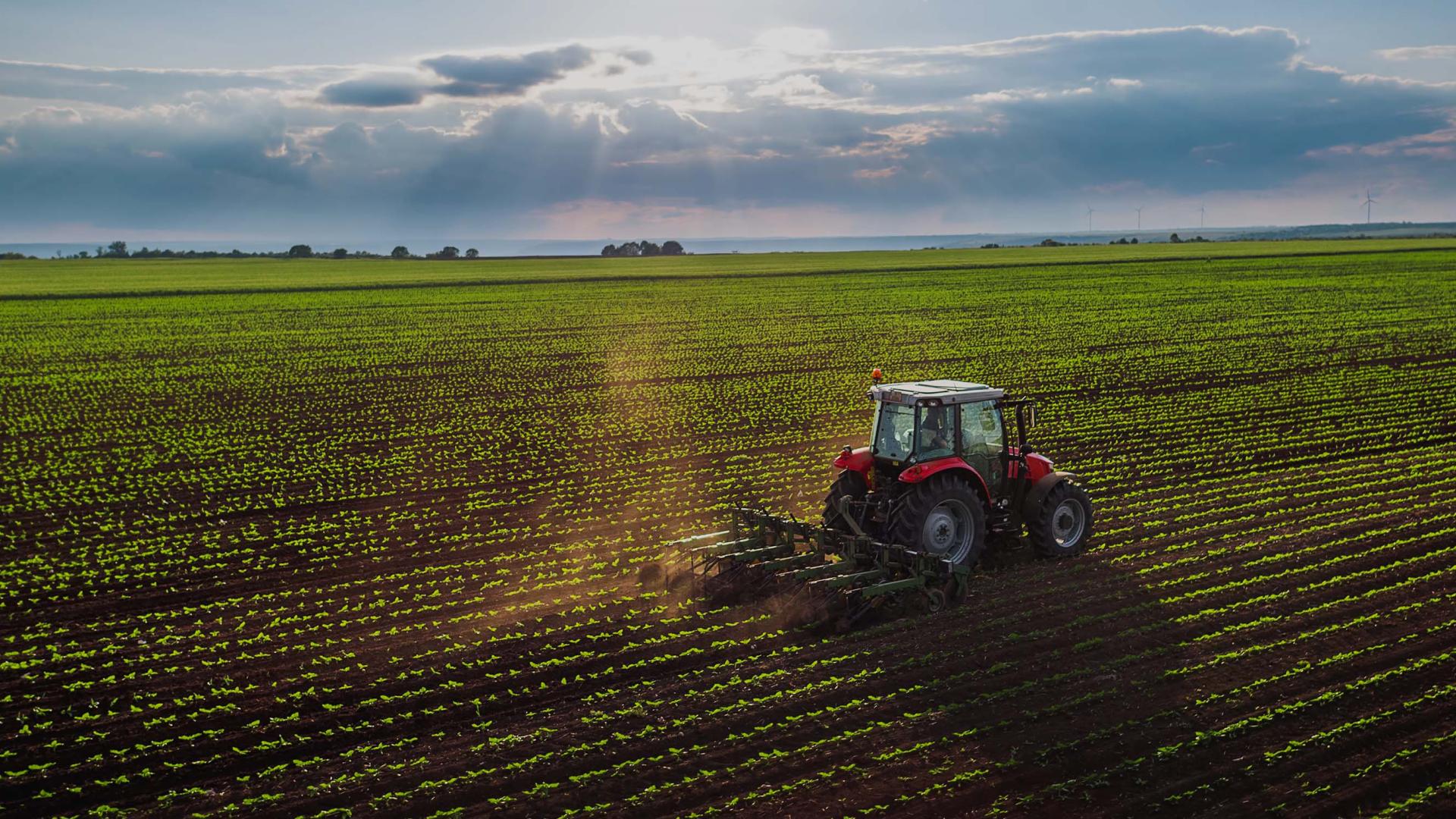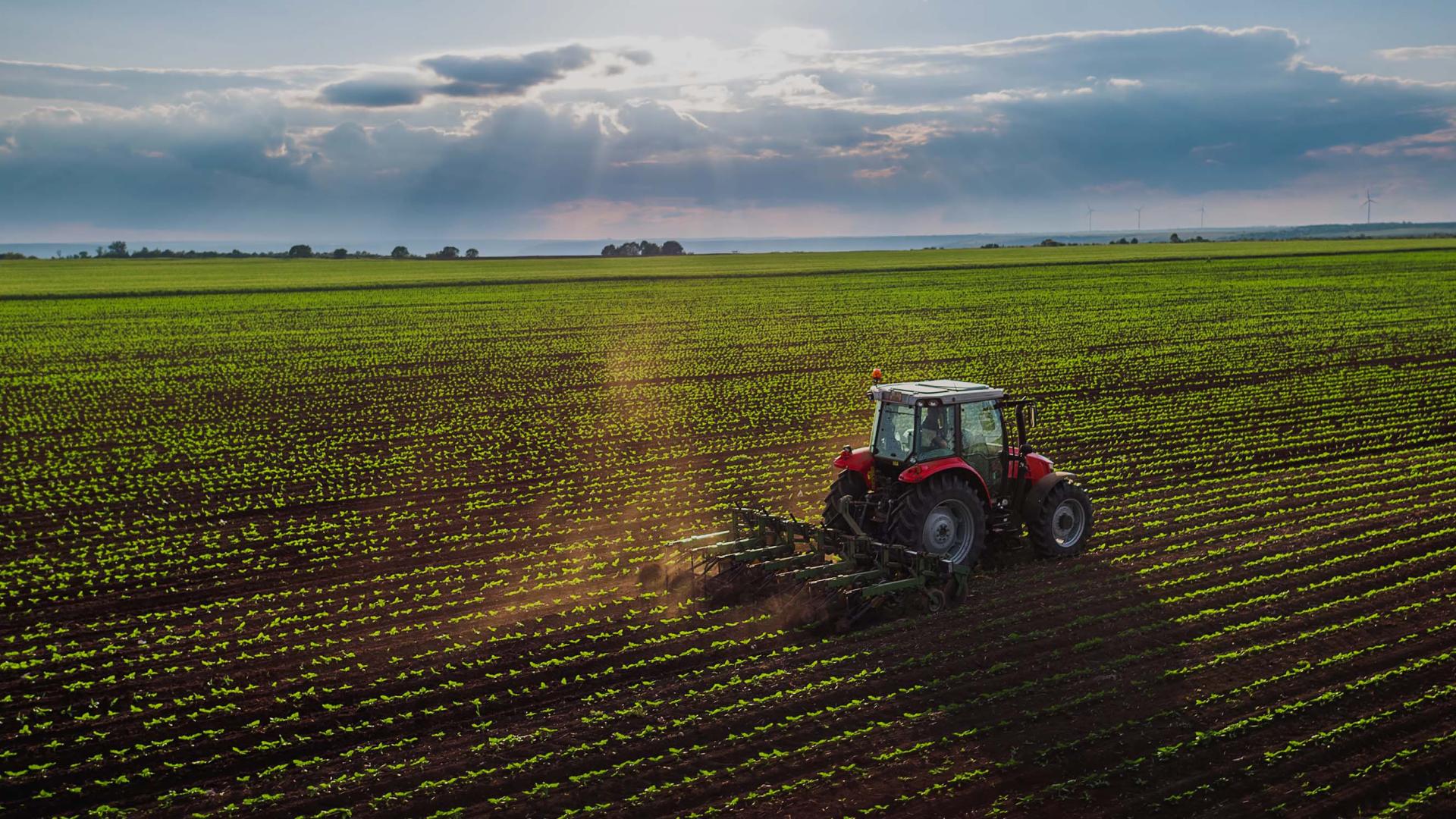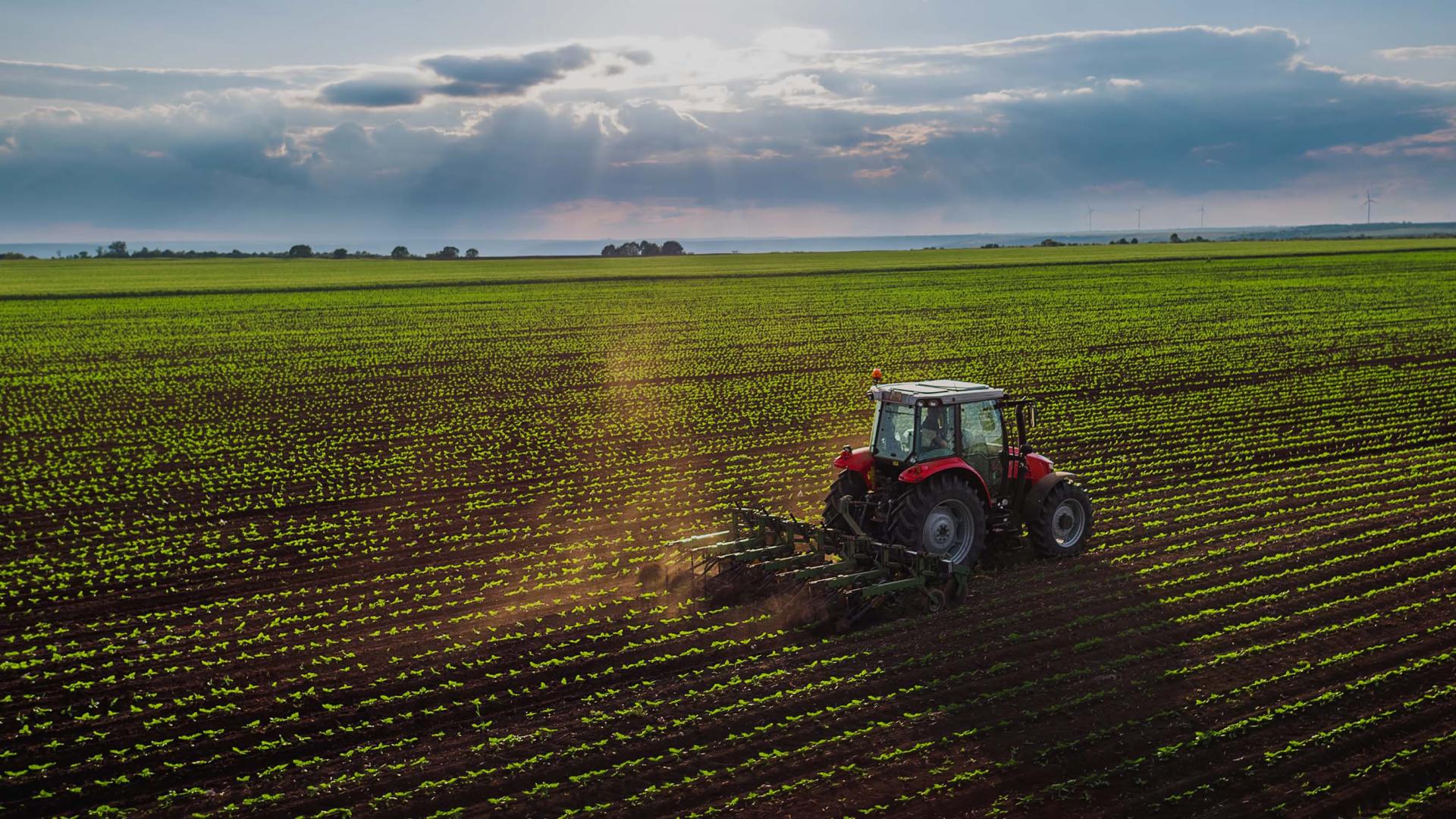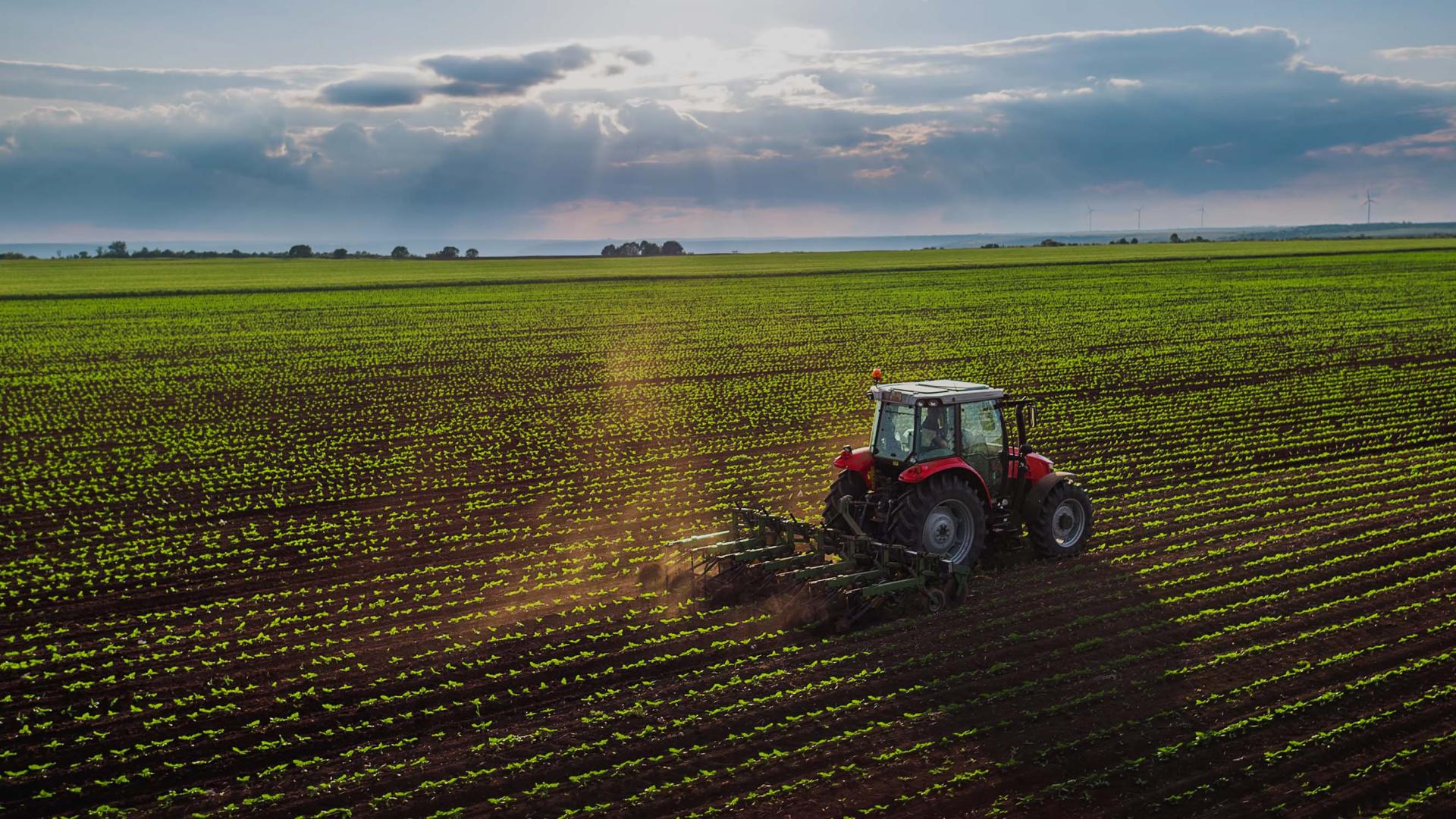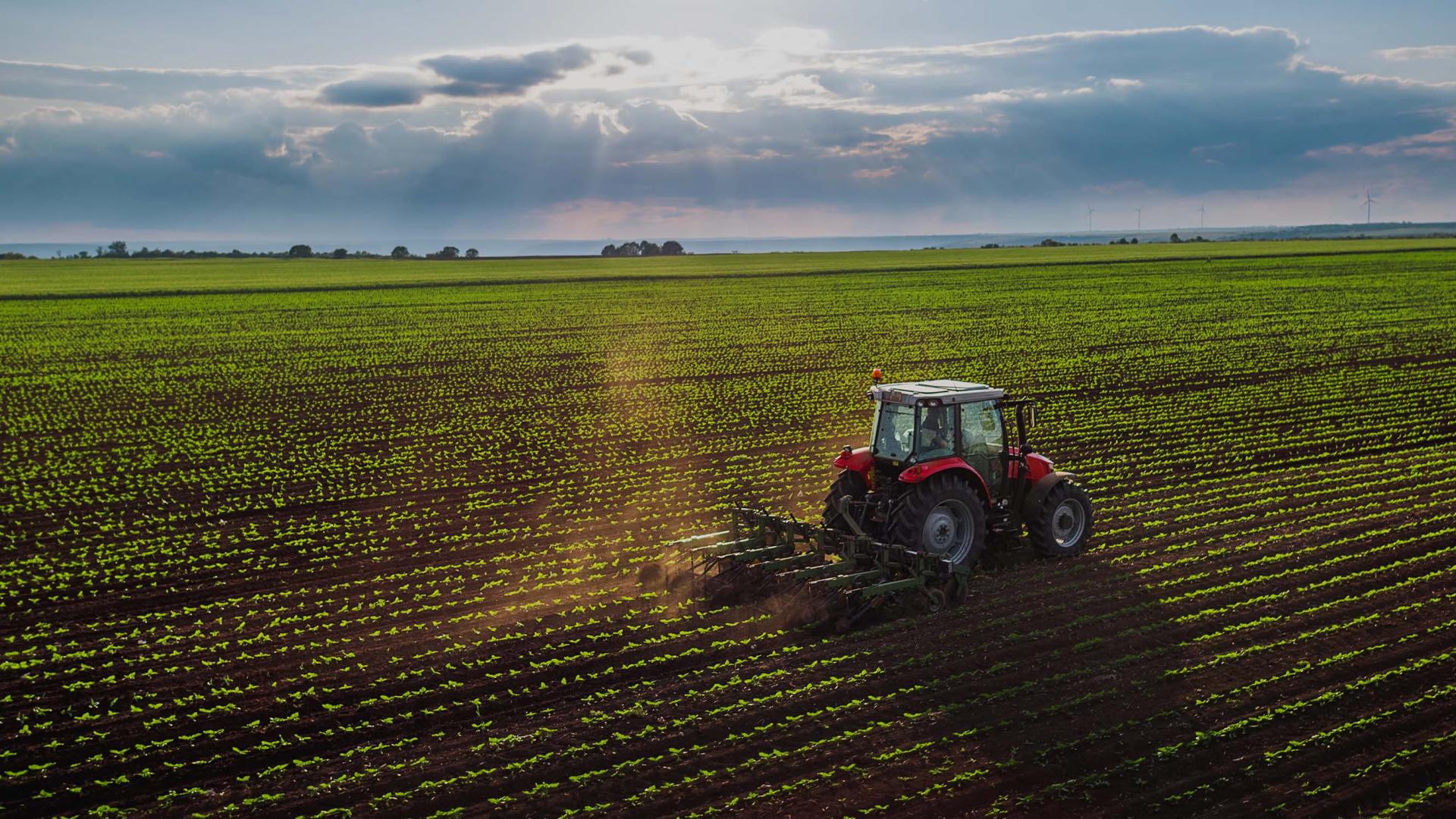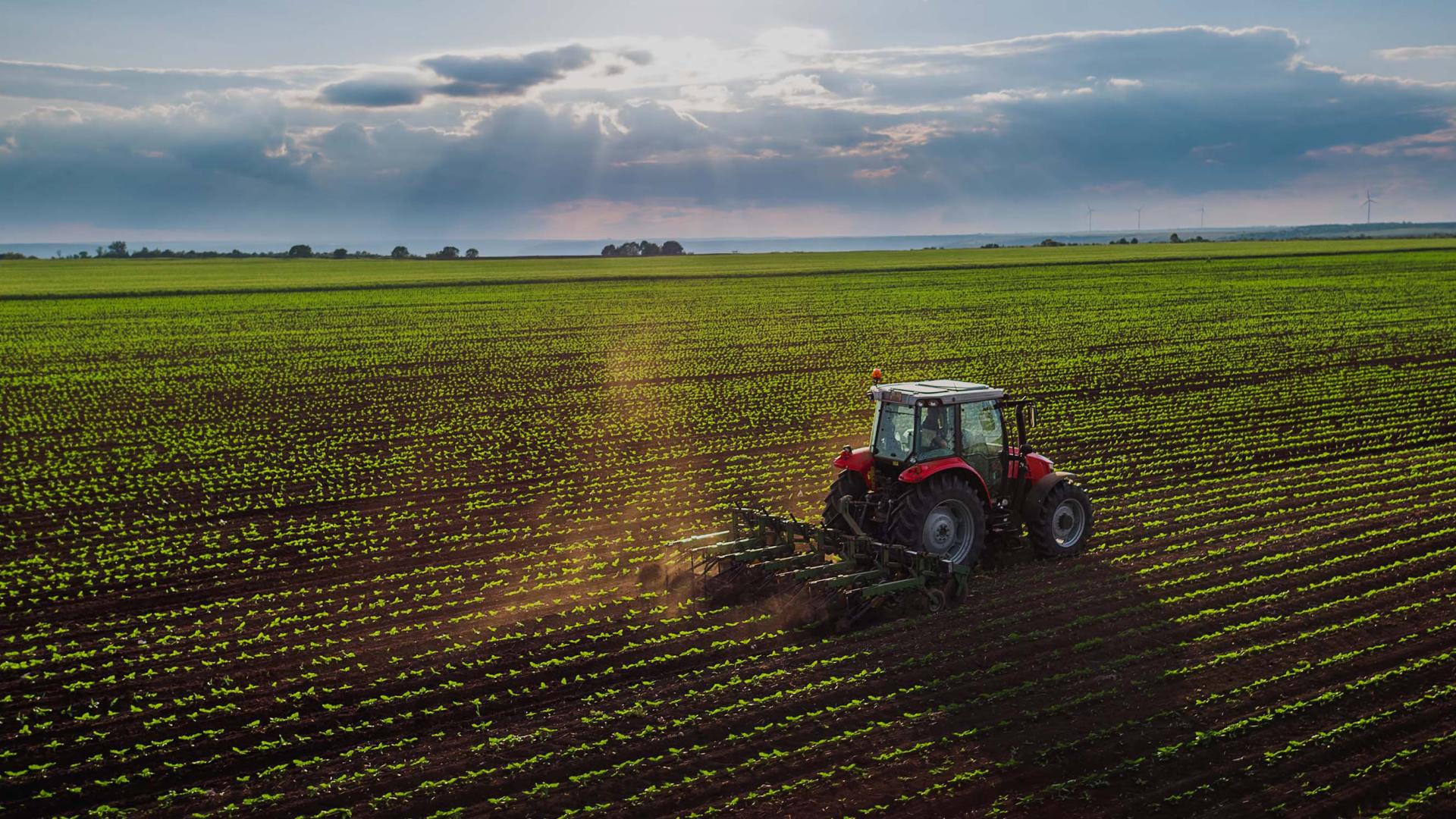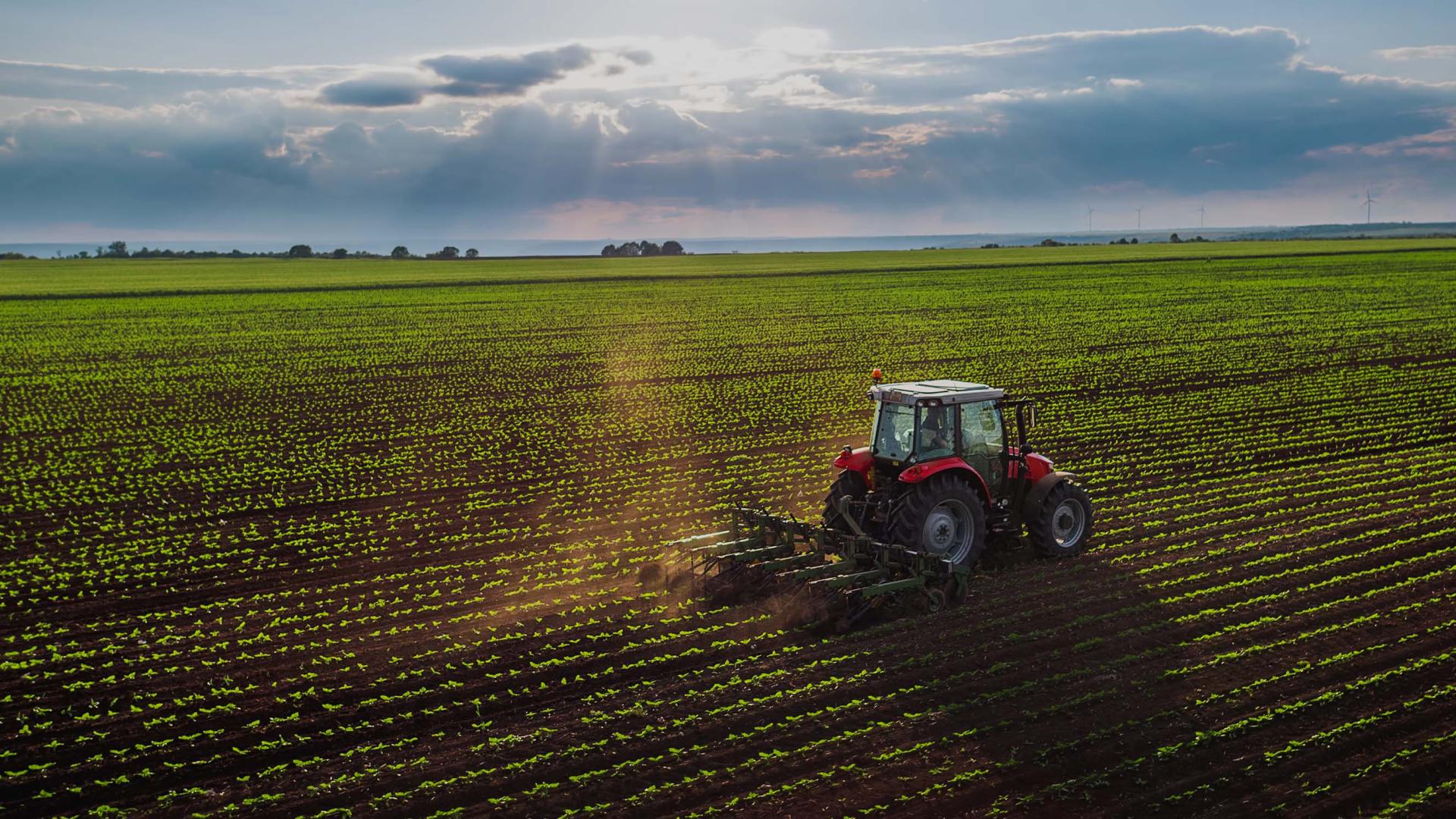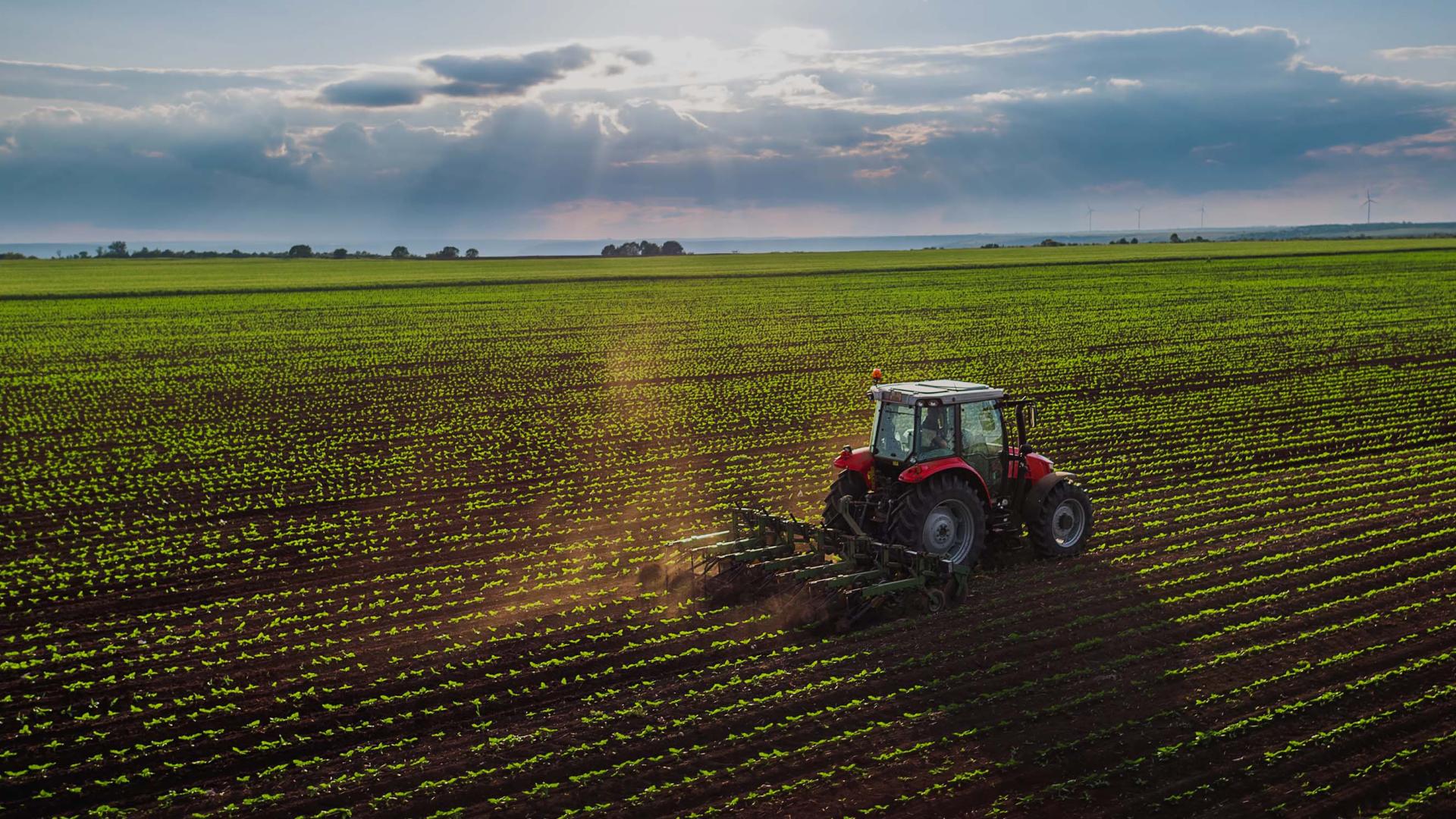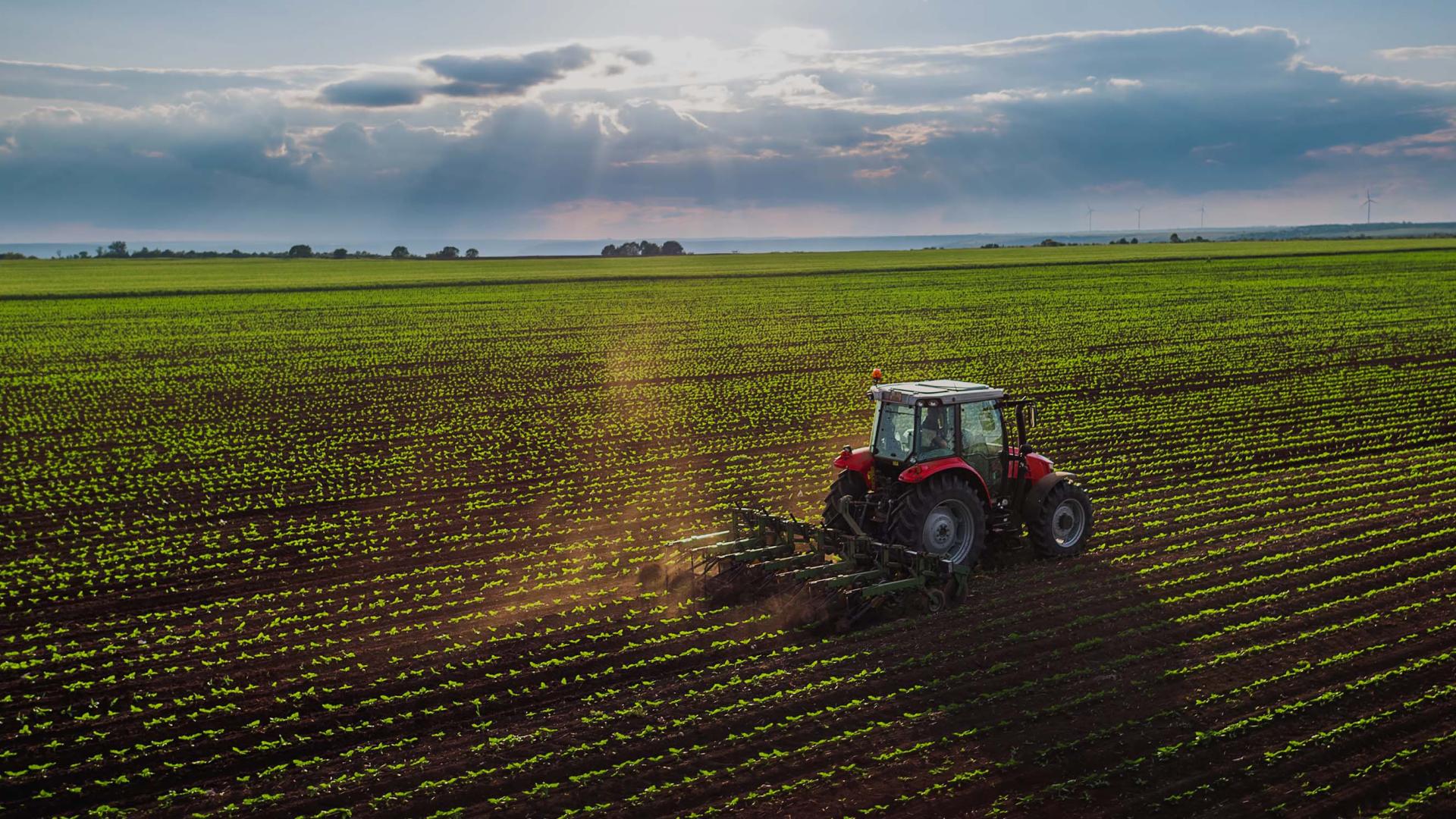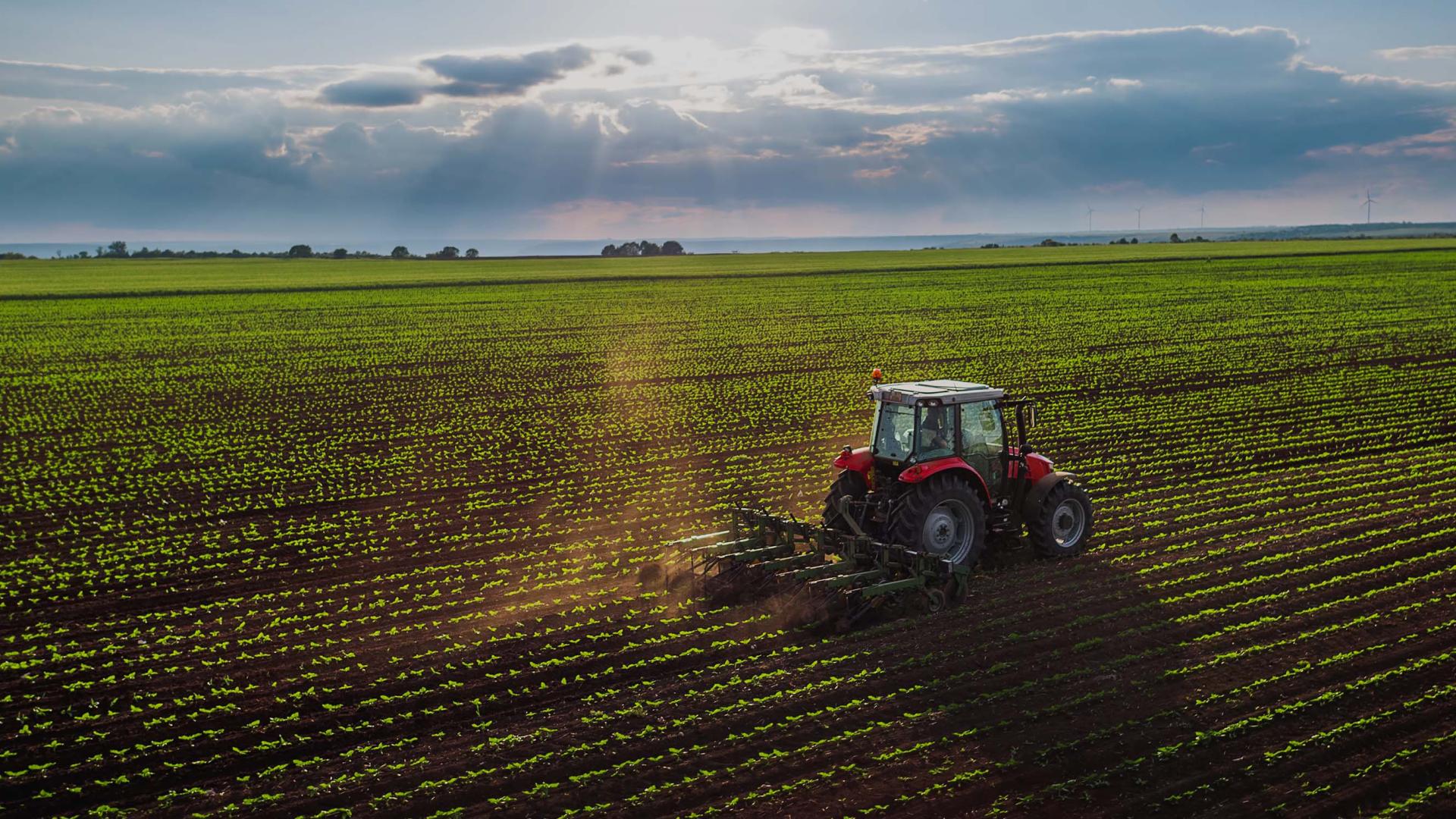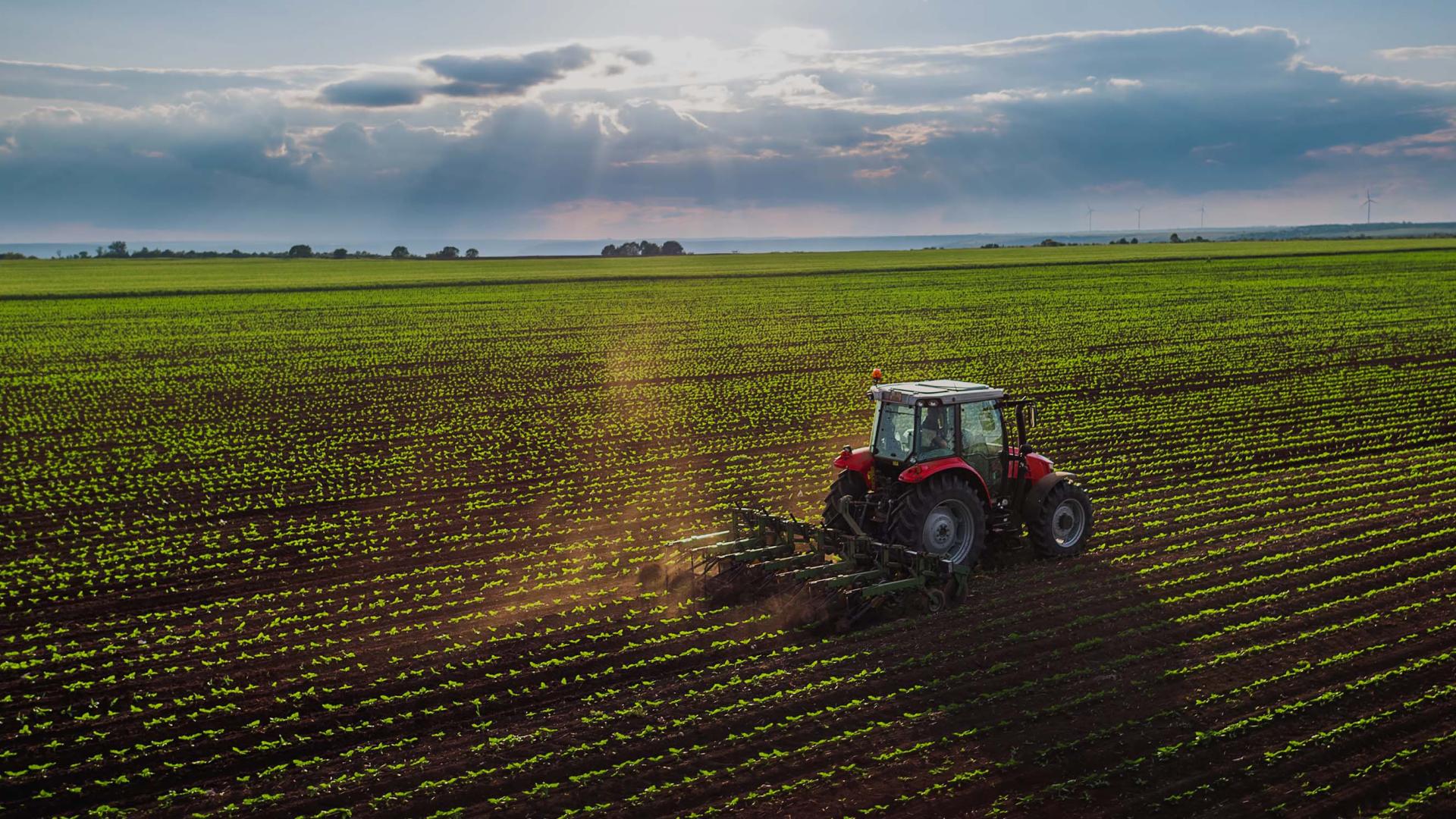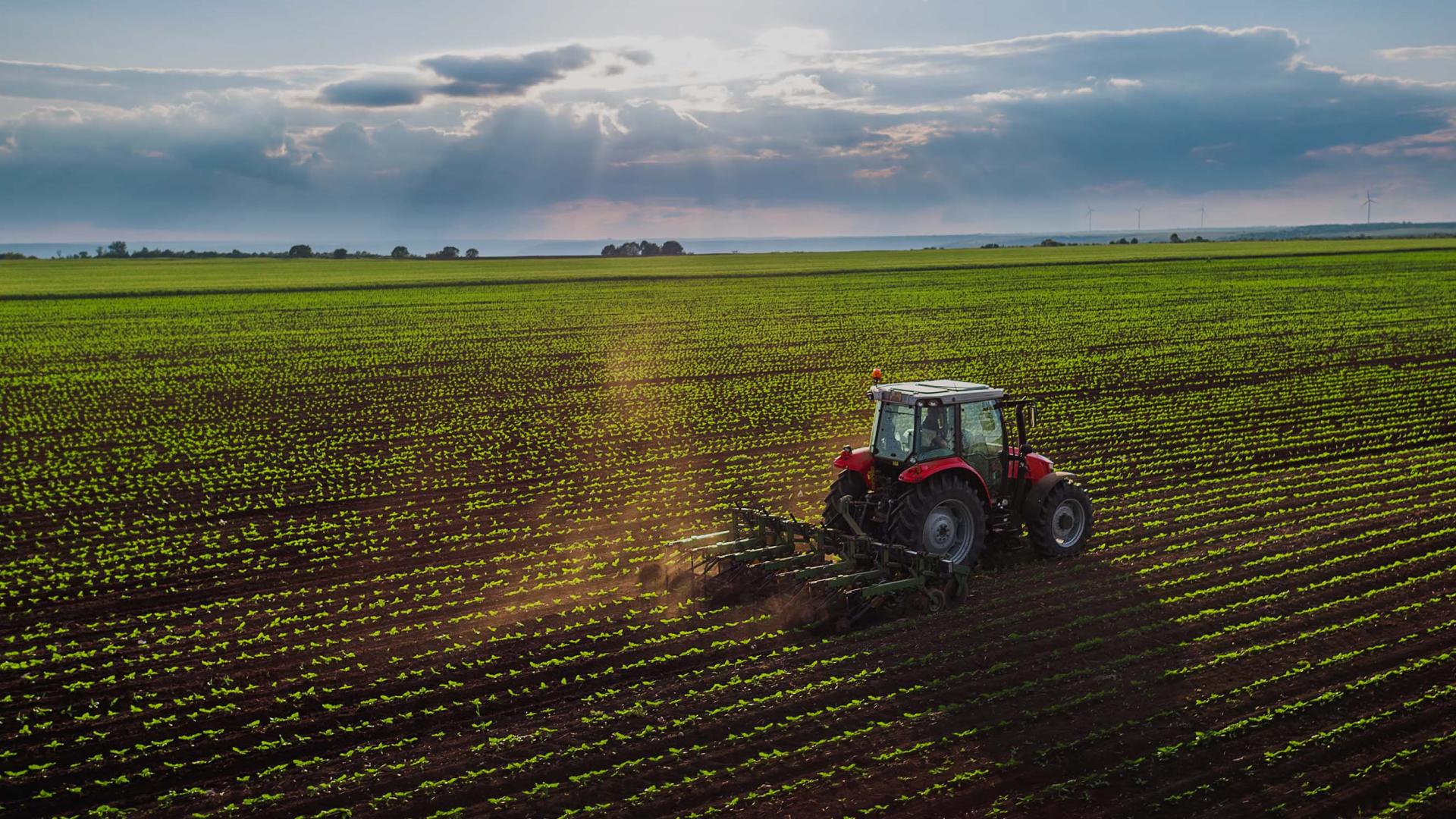Farm shops represent a unique blend of agricultural production and retail commerce, creating distinctive insurance needs that standard bus…
Large Commercial Farm Insurance: Comprehensive Coverage for Agricultural Operations
Large-scale commercial farming operations face unique risks that require specialized insurance coverage far beyond what standard business policies provide. From crop failures and livestock diseases to equipment breakdowns and liability claims, commercial farms need comprehensive protection tailored to the agricultural industry's specific challenges.
Understanding Large Commercial Farm Insurance
Large commercial farm insurance is a specialized form of coverage designed for substantial agricultural operations including arable farms, livestock operations, mixed farming enterprises, and agricultural cooperatives. Unlike smaller farm policies, these comprehensive packages address the complex risks associated with large-scale production, significant equipment investments, and substantial property values.
Key Coverage Components
Property Insurance
Commercial farm property insurance protects buildings, structures, and contents including barns, storage facilities, processing equipment, and farm dwellings. Coverage extends to specialized agricultural structures like grain silos, livestock housing, and machinery sheds. This protection is essential given the high replacement costs of modern agricultural infrastructure.
Crop Insurance
Crop coverage protects against losses from weather events, disease, pests, and other perils that can devastate harvests. Multi-peril crop insurance provides comprehensive protection, while specific coverage can address particular risks like hail damage or drought conditions. Revenue protection options help maintain cash flow when yields fall short of expectations.
Livestock Insurance
Livestock coverage protects valuable animals against death from disease, accidents, or natural disasters. This includes breeding stock, dairy herds, and commercial livestock. Coverage can extend to loss of use, ensuring farms can maintain operations even when key animals are affected.
Farm Equipment and Machinery
Modern commercial farms rely on expensive specialized equipment. Coverage protects tractors, combines, irrigation systems, and processing equipment against damage, theft, and breakdown. Mobile equipment coverage ensures protection whether machinery is on the farm or being transported.
Business Interruption Insurance
When operations are disrupted by covered events, business interruption insurance helps maintain cash flow by covering lost income and ongoing expenses. This is particularly crucial for farms with seasonal income patterns or those supplying contracts with specific delivery requirements.
Liability Protection
Commercial farms face various liability exposures including public liability for visitors, product liability for food products, and employers liability for farm workers. Professional indemnity may be required for farms offering consulting services or specialized agricultural expertise.
Environmental Liability
Agricultural operations can face environmental claims related to water contamination, soil damage, or chemical spills. Environmental liability coverage protects against cleanup costs and third-party claims arising from pollution incidents.
Industry-Specific Risks
Weather and Climate Risks
Large commercial farms are particularly vulnerable to extreme weather events. Comprehensive coverage should address flooding, drought, hail, frost, and wind damage. Climate change has increased the frequency and severity of weather-related losses, making robust coverage essential.
Disease and Contamination
Crop diseases, livestock illnesses, and contamination events can devastate large operations. Coverage should include disease outbreak response, quarantine costs, and business interruption from contamination incidents.
Market and Price Volatility
While insurance cannot protect against normal market fluctuations, some policies offer protection against catastrophic price drops following covered events. Revenue insurance products can help stabilize income during difficult periods.
Regulatory Compliance
Large farms must comply with numerous regulations regarding food safety, environmental protection, and worker safety. Insurance can help cover the costs of regulatory investigations and compliance-related claims.
Technology and Cyber Risks
Modern farms increasingly rely on technology for operations management, precision agriculture, and data collection. Cyber insurance protects against data breaches, system failures, and technology-related business interruption.
Choosing the Right Coverage
Risk Assessment
Comprehensive risk assessment should evaluate all aspects of the operation including location-specific perils, crop types, livestock numbers, equipment values, and business structure. Professional risk assessment helps identify coverage gaps and appropriate limits.
Coverage Limits and Deductibles
Large operations require substantial coverage limits reflecting the scale of potential losses. Deductible selection should balance premium costs with the farm's ability to absorb losses. Higher deductibles can significantly reduce premiums for well-capitalized operations.
Seasonal Considerations
Farm insurance needs vary throughout the year. Policies should account for seasonal variations in stock levels, equipment usage, and operational activities. Flexible coverage options can adjust limits based on seasonal requirements.
Multi-Location Coverage
Large farms often operate across multiple locations. Comprehensive policies should provide blanket coverage across all sites while addressing location-specific risks and local regulatory requirements.
Working with Specialists
Agricultural Insurance Expertise
Large commercial farm insurance requires specialized knowledge of agricultural risks and coverage options. Working with insurers and brokers who understand farming operations ensures appropriate coverage and competitive terms.
Claims Support
Agricultural claims often require specialized expertise for accurate assessment. Insurers with agricultural claims specialists can provide faster, more accurate settlements and help minimize business disruption.
Risk Management Services
Leading agricultural insurers offer risk management services including safety training, loss prevention advice, and emergency response planning. These services can help reduce losses and demonstrate commitment to risk management.
Cost Management Strategies
Risk Reduction Programs
Implementing comprehensive risk management programs can significantly reduce insurance costs. This includes safety protocols, equipment maintenance programs, and emergency response planning.
Coverage Optimization
Regular policy reviews ensure coverage remains appropriate as operations evolve. Adjusting limits, deductibles, and coverage types based on changing needs can optimize both protection and costs.
Group and Association Programs
Large farms may benefit from group insurance programs through agricultural associations or cooperatives. These programs can provide enhanced coverage options and competitive pricing through collective purchasing power.
Regulatory Considerations
Compliance Requirements
Large commercial farms must comply with various regulations that may mandate specific insurance coverage. Understanding these requirements ensures adequate protection and regulatory compliance.
Government Programs
Various government programs provide agricultural insurance support. Understanding how private insurance coordinates with government programs helps optimize overall coverage and cost-effectiveness.
Documentation and Record Keeping
Proper documentation is essential for insurance purposes. Maintaining detailed records of operations, equipment, livestock, and crop production supports accurate coverage and efficient claims processing.
Future Considerations
Climate Adaptation
As climate patterns change, insurance coverage must evolve to address new risks. Forward-thinking farms should consider how changing conditions might affect their insurance needs and coverage options.
Technology Integration
Advancing agricultural technology creates new opportunities and risks. Insurance coverage should evolve to address precision agriculture, automated systems, and data-dependent operations.
Sustainability and ESG
Environmental, social, and governance considerations increasingly influence insurance availability and pricing. Farms demonstrating sustainable practices may benefit from enhanced coverage options and competitive pricing.
Conclusion
Large commercial farm insurance requires comprehensive coverage tailored to the unique risks of substantial agricultural operations. From property and crop protection to liability and business interruption coverage, proper insurance is essential for protecting significant investments and ensuring operational continuity.
Working with specialized agricultural insurance providers ensures access to appropriate coverage options, competitive pricing, and expert claims support. Regular policy reviews and proactive risk management help optimize both protection and costs while supporting long-term operational success.
For large commercial farms, insurance is not just protection against losses – it's an essential business tool that enables confident operation in an inherently risky industry. Comprehensive coverage provides the foundation for sustainable agricultural success.


 0330 127 2333
0330 127 2333
